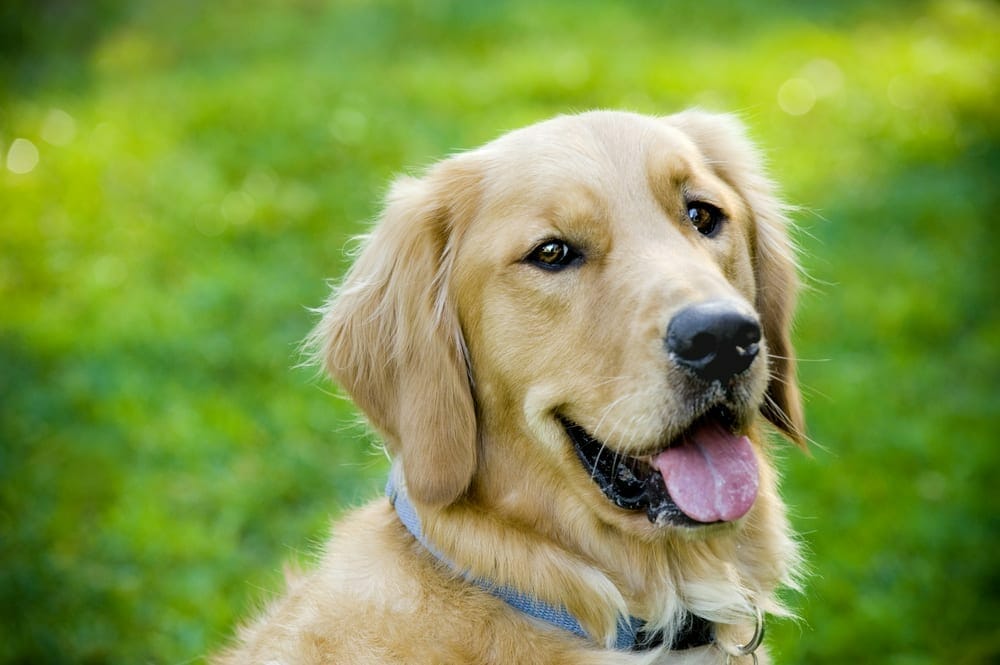What’s That All About – Drool
PIA Australia
October 3, 2018
Ever wondered why some pets drool? From big dogs to littles ones and even a few feline’s, drooling can be a slobbery problem for some pet owners. Pet Insurance Australia investigates what drool is all about alongside some handy tips for drooling pets, and also when drool could signal a serious problem.
For some pet owners, drooling is just part of everyday life. For others, they may only notice their pets drooling at certain times – like when a freshly cooked roast beef is pulled from the oven.
Drooling is caused from an overload of salvia being produced. This can be triggered by delicious smells, or exercise, remembering that our pooches cool themselves by panting and not sweating.
This can also be exaggerated if you have a big lipped dog breed such as;
- Boxer
- Bloodhound
- St Bernard
- Basset Hounds
- Dogue de Bordeaux
- Mastiff
- Newfoundland
- Bernese Mountain Dog
- Bulldog
- And a few more…
The reasons why these dogs tend to drool more than others is that saliva can pool inside their lovely big cheeks. Meaning that when they shake or pant, a mass of slobber can follow. For many of these dog owners, a little daily drool is just part of the adorable breed. As there isn’t much you can do, except be armed with ‘towels’ to wipe up the mess.
When to be concerned?
Drooling can also signal problems. If you suspect your dog’s sudden onset of drooling is health related it is important to seek professional advice. Salivation can be linked to many internal issues that will need veterinary attention. Hypersalivation can be triggered by serious medical problems, so before you embark on trying to reduce your dog’s drooling problems it’s best to get a health check from your vet to really understand why your pet is drooling.
- If your dog is overheating they may drool substantially. Cool your pet immediately and seek veterinary advice.
- If you dog has something stuck in their mouth or throat they may also drool.
- Drooling can also be a sign of dental disease. If this is accompanied by smelly breath or your pet pawing at their mouth a time for a check-up is in order.
- If your non-drooling dog is showing symptoms of extreme salivation – call the vet immediately. It could be a symptom that they have eaten something, or in need of medical attention. It could be something as simple as a cut inside the mouth, or a serious condition like ingestion of something toxic.
- Many dogs also drool when they are not happy. Some dogs will only show this behaviour in uncomfortable situations – like car rides and heading off to the vet. You can help reduce the fear your pet is feeling which in-turn, can help reduce the slobber.
Reducing Slobber
For some pets, it’s a breed issue so you will need to just be more prepared to deal with the slobber compared to trying to reduce it. However, with all dogs, there are appropriate times to drool (think big off leash run in the park and a gulp of water), and not so pleasant times (when you have guests over for a yummy roast).
For these times, training is paramount. Teaching your pet, it is not OK to beg and drool on your houseguests should be expected from day one. Remember lots of positive rewards for the right behaviour.
Many dogs will drool excessively when stressed out. As a responsible dog owner, it is best to understand these triggers and then seek professional advice as to how to fix the issue or to reduce the stressful stimuli as much as possible. For all ‘fear based’ drooling the trick is to make more positive memories about that particular incident (such as a car ride) than negative ones.
So, if you are only hopping in the car to head to the vet, perhaps consider taking the car to the beach or the off-leash area now and again. Also remember big praise and treats. You need to teach your dog that a car ride brings good things, not just scary ones. With patience and time your dog will learn to love the car, and the drool will reduce.
Most dogs will drool when food is around, just like us two-legged variety, when the smell is so tantalizing their mouth simply waters with the idea of food. As dogs are very food orientated most will drool when treats or dinner is about to be served.

8 Comment